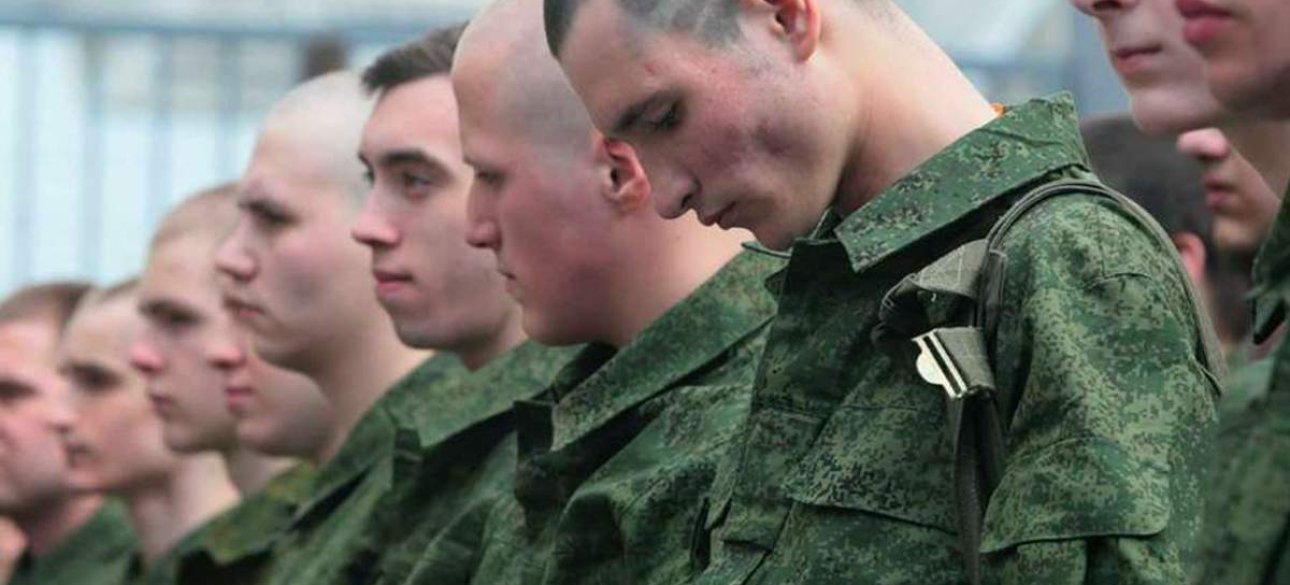
The problem is that strategic dialogue is mostly about the first, while there is almost no practical discussion of the second. The end of the war in Ukraine in such a way as to guarantee the long -term security and defense capability of Kiev, is central to the issue of the event with Russia. However, this is only one part of the equation.
Although Russia can be defeated in the battlefields in Ukraine, not being able to achieve its purpose of full dominance, it will not be defeated in large strategic terms. Only the loudest and most non -stroke commentators believe that Moscow will fall or that "decolonization" of Russia is possible or desirable.
Even a degraded, diplomatically isolated and economically closed Russia will remain the state on the European and Asian continents, pursuing its interests and further, for example, in Africa south of Sahara and the Arctic.
So, given that Russia does not go anywhere, what looks like a controlled relationship with Russia in the long run? The more important question is: why do the US and NATO want to build relationships with Moscow? The answer to this question first requires recognition of certain strategic realities. First, Russia is unlikely to be a productive participant in the Liberal International Order. President Vladimir Putin believes that the event is in conflict with Russia. It won't change.
The event can do or offer Moscow to change strategic ideas, interests and, of course, Russia's behavior. These factors are unchanged and inherent in Russia. The event, of course, can form the conditions that affect them, but it cannot change the strategic culture of Russia, just as Moscow cannot change Washington's culture. Second, the US and NATO occupy a much stronger military position on Russia than to be considered.
Europe's military position is improving at an accelerated rate, while Russia has traditionally weakened - it means that the West is acting and negotiating from the standpoint. Even if Russia restores lost tanks, armored vehicles and artillery, it will face problems in the restoration of human capital lost in the battles in Ukraine. Any improvements in the Russian Armed Forces in the near future should take into account this reality.
They will have to recover from extremely depressed level, while NATO forces are constantly being improved. Russia's defensive position will also have to take into account the expansion of NATO borders. Finland's accession extends Russia's border with NATO by almost 800 miles, most of which is located near the strategically important Kolish Peninsula.
But this does not mean that Russia cannot challenge NATO, for example, by destabilizing operations in Moldova or strategic opportunities, such as nuclear escalation or cyberwar. The US and their European partners should clearly outline their intentions and take into account the lessons of past negotiations and interaction.
Maintaining realistic expectations, demonstrating clear and firm determination, identifying cunning and avoiding diplomatic games that Moscow likes to hold, are vital for managing future relationships. As a starting point, strengthening of strategic stability and control of weapons is the basis of future relationships. The restoration of these discussions, even at the lowest level, is smart and practical.
Diplomacy and interaction are not a gingerbread and a whip, it is the most vibrant form of public administration, vital for preventing misunderstandings. Russia, despite the rhetoric of its propagandists, wants nuclear war no more than the West.
Ensuring the openness of operational communication lines is only the beginning, but the recovery of conversations about weapons control, their restriction and reduction, as well as solving cyber and space problems is crucial- especially with the advent of strategic tripolar ambitions of China. With regard to Ukraine, Washington should also strive for diplomatic and economic coercion, not just weapons. None of the parties will solve this war only by force.
And the current trajectory is either a frozen conflict or eternal war. The settlement by negotiation is the only probable result, and this requires levers of influence, punishment and incentives. They should coexist at the same time: Russia is inferior to the territory in exchange for unblock of frozen funds; Ukraine strikes far from Russia with Western weapons as a punishment for breach of agreements and creates a Ukrainian army capable of reflecting any level of Moscow's operations.
In a broader sense, the gingerbread is needed no less than a whip. But Washington in the vast majority of cases relied on punishment, without offering incentives. In the long run, the proposal of Russia's well -being, controlled economic connection with the West - on the West - could well stimulate and form Russia's behavior. Limited credit shoulder is better than the lack of credit shoulder. The US should also try to identify long -term opportunities to divide or weaken Moscow with China.
This must exist within the art of the possible - Washington can do a lot to influence this partnership. However, a simple rejection of these efforts will push Moscow into Beijing's arms, just when Washington should work to sow differences between a regional opponent and a strategic competitor. Washington must guarantee that Ukraine will be considered as a measure of victory, but strategic success depends equally on the determination of what kind of viable, controlled relations with Russia.










All rights reserved IN-Ukraine.info - 2022